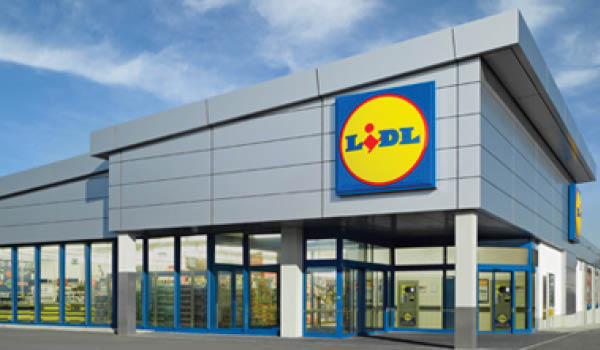Germany and Europe’s other major discount grocer Lidl could emerge as a significant threat to Australian food retailers in 5-10 years with media reports indicating that Lidl has contacted logistics providers to create a network of distribution centres and links to transport merchandise around the country.
Owned privately by the Schwarz Group, Lidl (along with German based sister banner Kaufland), generated around US$98.3 billion in annual sales in 2014. Lidl operates nearly 10,000 stores in 26 countries and is seeking new markets due to it nearing saturation in many European countries.
In the UK, Lidl and Aldi had market shares of 3.9% and 5.4% respectively this year. The discounters are threatening the big four grocery retailers Tesco, Asda, Sainsbury’s and Morrisons, while ratings agency Moody’s predicts they will continue to gain about one per cent every year.
Rumours have persisted in the grocery trade for over 10 years that Lidl would enter the Australian market, following the opening of Aldi in 2001.
A Lidl spokesperson told retail analysts last week that it has no current plans to enter Australia.
However, according to media reports, Lidl has trademarked 500 brand names in Australia, has already opened a corporate office here and approached real estate agents about possible retail sites.
Lidl, which like Aldi, has smaller sized stores compared to the supermarket majors, sells a small range of private label food products, but more branded food and general merchandise.
The entry of Lidl is expected to impact on Coles, Woolworths, Aldi, and the IGA independent grocers.
In the US, Lidl formally announced last week the establishment of a US headquarters and distribution facility costing US$202 million and pledged to create “a unique experience for American consumers that will be unlike anything else in the market”.

